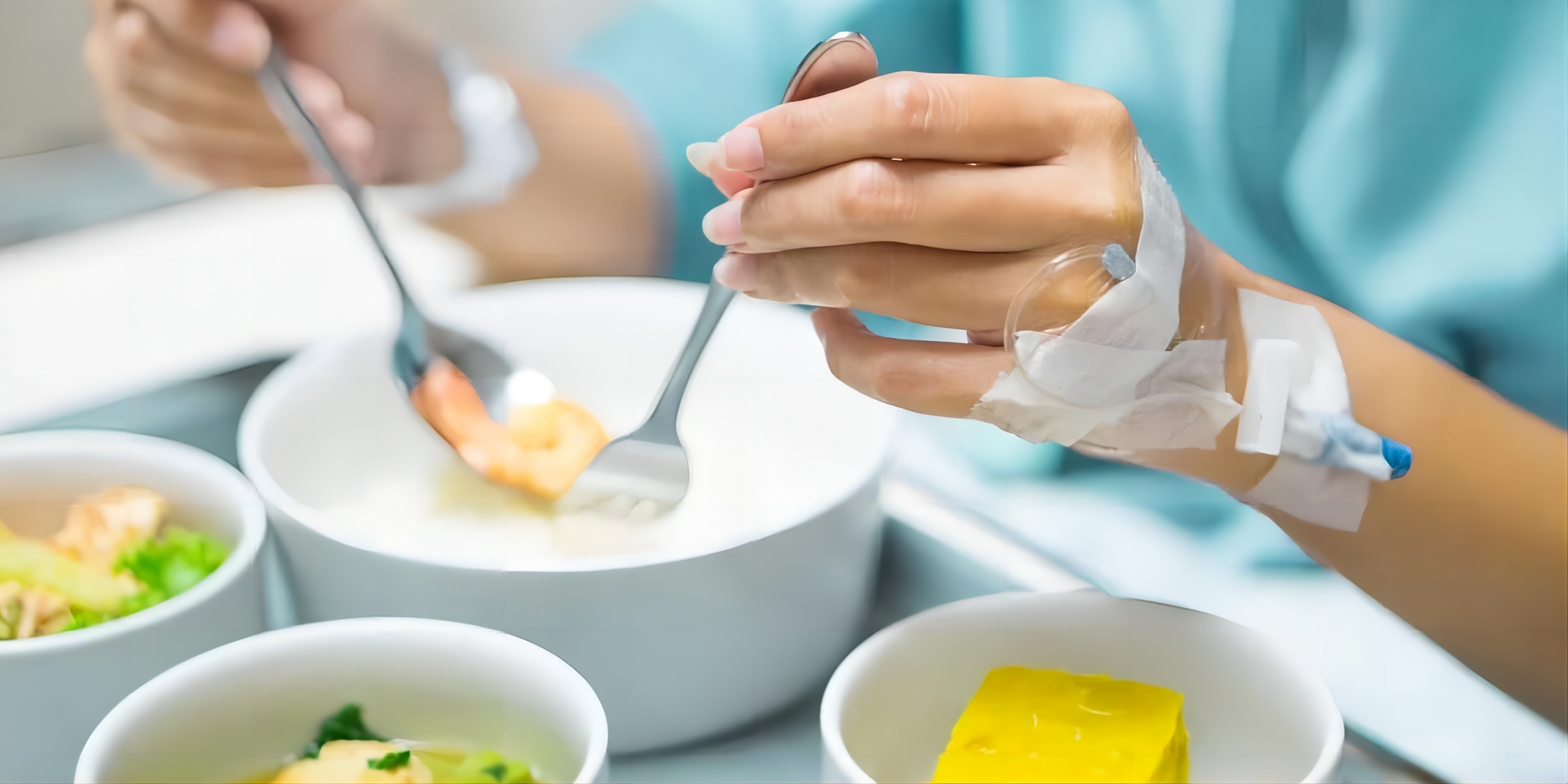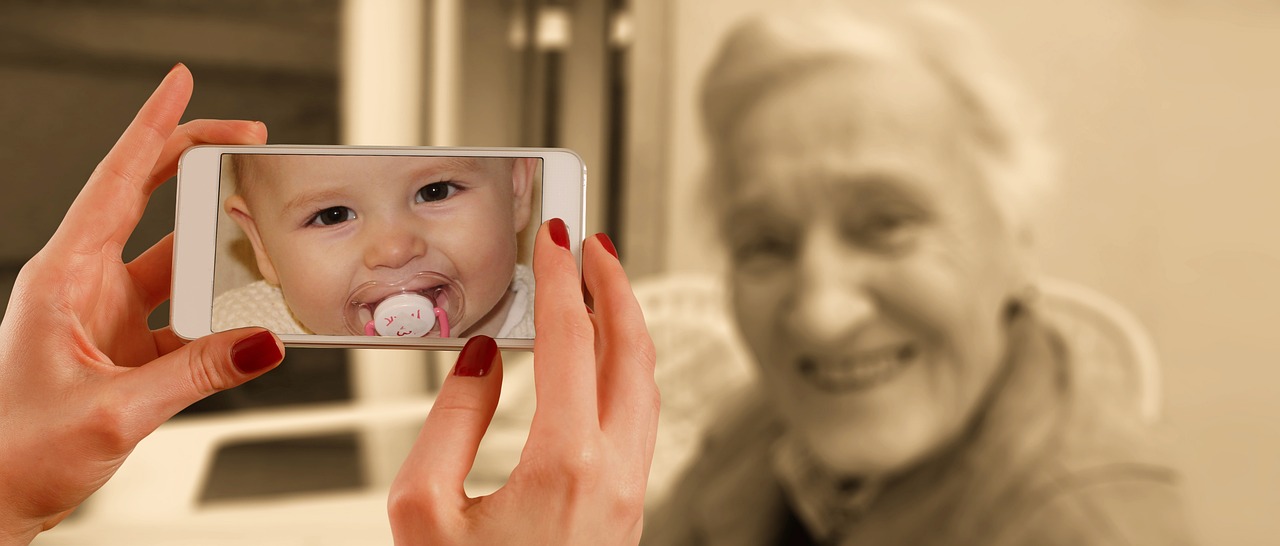Cancer patients need to pay special attention to diet and nutrition during treatment. Studies have pointed out that 40 to 80% of cancer patients have malnutrition problems. For different stages of treatment, the foods that patients are suitable to eat and what are not suitable to eat are also different. To make cancer patients ‘ caregivers understand the dietary principles during treatment, we have compiled cancer dietary taboos for you, including foods and fruits that are not suitable for cancer, as well as the five major dietary principles for cancer, and provide menu suggestions for cancer patients’ daily diet.
1. Eat “High-Fiber, Stimulating” Foods
Cancer patients should avoid eating rough or fibrous foods, such as beans, onions, potatoes, milk, carbonated drinks, and spicy foods or condiments. There are two main reasons:
- Radiotherapy patients are prone to loss of appetite, so they should choose foods that are well-digested and absorbed.
- Gas-producing foods may easily affect patients.
2. Saturated Fat
Excessive intake of saturated fat will increase the incidence of cancer; for example, frequent consumption of whole-fat, saturated-fat, and animal fat-containing foods, as well as being overweight, are risk factors that increase the risk of cancer.
3. Processed Meat, Red Meat
The International Agency for Research on Cancer (IARC) points out that eating more processed meat and red meat may increase the risk of cancer; processed meat refers to meat products that have been smoked, salted, or treated with preservatives or chemicals, such as Bacon, sausage, ham, etc., because chemicals, preservatives, or pigments (such as nitrates or nitrites) are added during processing, may produce substances that may cause a greater burden on the body. The National Health Service of the Ministry of Health and Welfare reminds people who often eat Western-style breakfast to eat as little processed meat as possible such as bacon, sausages, and hamburger meat, and to replace it with fish and lean meat.
4. Raw Food, Fresh Vegetables
Raw foods should be avoided during chemotherapy because the side effects of chemotherapy can reduce the patient’s ability to protect themselves. If you want to eat a raw food diet, it is more appropriate to choose a raw food diet after chemotherapy. During chemotherapy, in addition to avoiding eating undercooked vegetables, special care should be taken when handling food. Raw and cooked foods should be handled separately. Tableware, cutlery, chopping boards, etc. should be avoided from sharing raw and cooked food to avoid cross-contamination of food and increase the risk of poisoning.
The American Institute for Cancer Research (AICR) points out that an appropriate amount of supplement is enough, and it is better to comply with the “Recommended Dietary Nutrient Intake” (you can refer to the Chinese Dietary Nutrient Reference Intake). A single high-dose supplement is not recommended. Excessive dosage will affect the course of treatment. If you are worried about insufficient nutrient intake, it is a good option to use nutritional products specially designed for patients. One can can meet the needs, by eliminating bottles and cans and a pile of supplements. Quaker Complete Cancer Formula is fortified with the vitamins and minerals patients need and can be added to other foods. The key point is that it is lactose-free and suitable for patients who have difficulty digesting dairy products. It is especially recommended when visiting a doctor. In addition to fruits, cancer nutritional supplements are also a good choice. They are convenient to drink directly and can effectively supplement the required nutrients.




